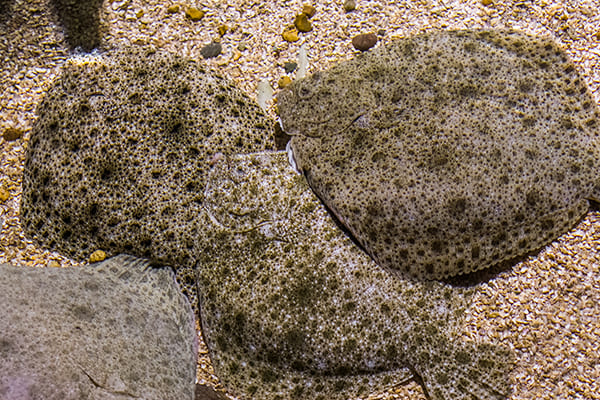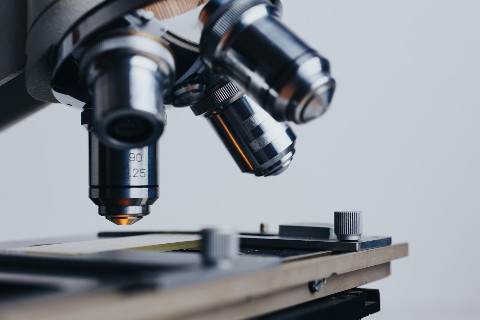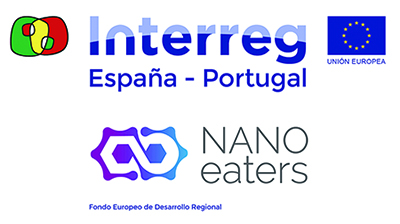The antibodies´great specificity by their antigens and their high versatility make them a robust tool for the detection of molecules of interest in different platforms. Our group has a great expertise on the development of biosensors based on different technologies such as Electrochemistry, Lateral Flow or Surface Plasmon Resonance (SPR).
Lateral flow
We have developed different biosensors based on this technique for the detection of inflammatory proteins (C-reactive Protein, alpha-1-antitripsin, Rheumatoid Factor) or tumoral proteins (Prostatic antigen, alpha-phetoprotein, Carcinoembryonic antigen) in blood samples. These devices, based on antibody-conjugated gold nanoparticles, allow the detection of pathological levels of the antigens mentioned above in a small amount of blood (two drops) after a 15-minute incubation.

Representation of a lateral flow biosensor aimed to detect analytes in blood samples.
SPR
We have developed a biosensor using DNA probes based on this technology to determine the miRNA concentration on plasma samples. One of the advantages of this technique is that it can detect very small amounts of antigen (as low as 6 nM), making it a very sensitive technique. It can also be used to study the interaction between the molecules or the concentration of the target molecules in complex matrix, with just a small amount of antigen needed and without dying procedures or further sample processing.

Representation of a Surface Plasmon Resonance (SPR) chip loaded with micro-RNA probes.
We are currently using this technique to detect differentialy expressed miRNA in Tuberculosis patients to help in the understanding of the disease immunology (Tuberculosis Research line).









